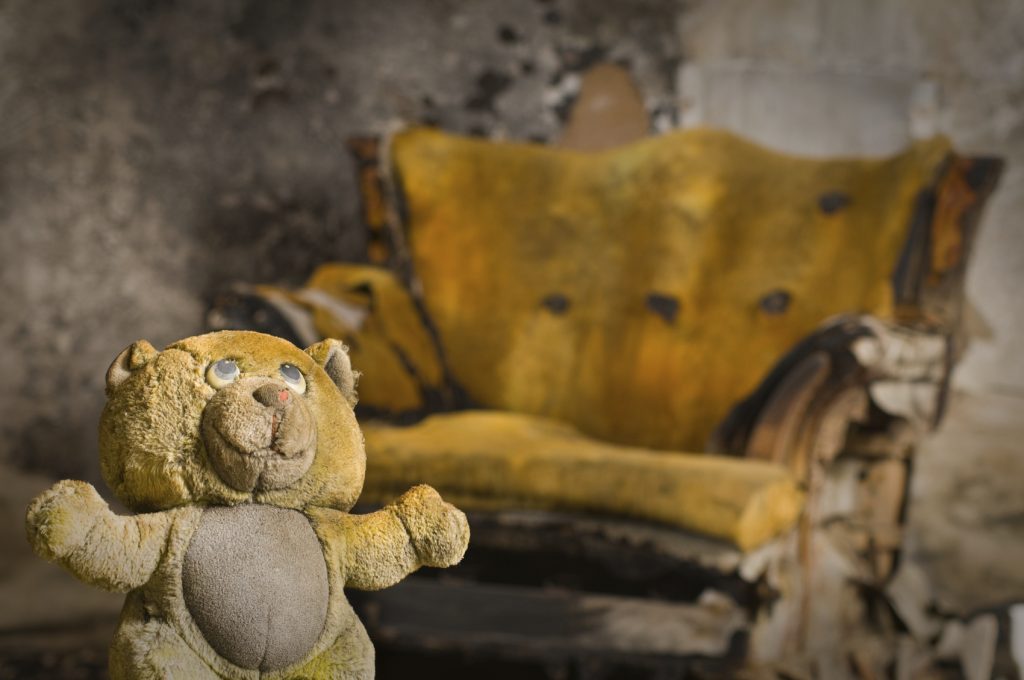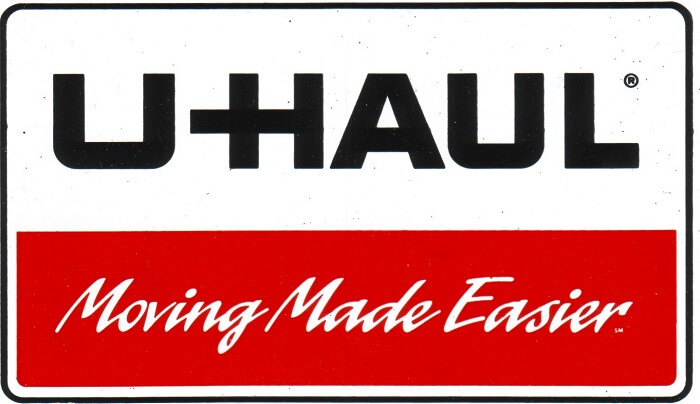My grandmother died in a house fire in 1968, two years before I was born. I never knew her, but I’m told I resemble her. This is hard to understand as only a few of her personal items remain in my possession. I still feel I know very little of her life. There is an intimacy to personal objects that goes well beyond materialism. Hold heirloom china, silver, or mementos of any kind – and one immediately feels the weight of one’s own family history.
Much later, as a grown up, my parents’ house burnt down. Thankfully, no one was there at the time of that second fire. My mother was very calm and even-keeled. The oft repeated platitude – be thankful no one was hurt – to her became very real.
If you ask survivors of house fires and other natural disasters, many will shrug, unsure of where to begin. I’ve noticed that those who lose everything have difficulty creating attachments to objects in the future. Whereas they once might have loved a chest of drawers, they now see only pressed wood. It’s as if they have difficulty making emotional allowances for objects. This sort of loss is a scar and a trauma that changes one’s relationship to possessions forever.
Still, people need things, so it’s important to consider the financial implications of these disasters. For those who lose their homes and all their contents, it is important to ask probing questions about insurance. A woman I spoke to whose house burnt to the ground told me that unless one has an insurance adjustor following one around on a day-to-day basis, they will find themselves underinsured. The extent of any coverage will determine the capacity to rebuild.
If a home was in a natural disaster zone, there may be long waits for insurance adjustments and claims. There may even be even longer waits for this work to begin once it is finally approved. Whether it be a single emergency (like a one house fire) or a more widespread disaster (like a wildfire) begin at a point of understanding and proceed forward in a detailed conversation.

An insurance agent once described homeowners’ insurance to me in this way: “Imagine that you are turning your house upside down," she said. “Anything that falls out would be covered." The trick is remembering what all there was and what it would cost to replace. If you have ever lost a suitcase on a flight and needed to be reimbursed, you quickly discover how hard it is to remember exactly what you packed and to estimate its true value. (Leave aside for the moment the junk necklace your beloved Aunt Cora left to you).
For those wanting to support a family that has lost everything,
one would do well to sit down with the claimants and sift through the physical memory of each room before it turned to ash or rubble. Begin in common areas and start with larger items. Or take a look at kitchen offerings to see where to begin restocking a house. Then continue on to common areas like living rooms, dining rooms and and home offices. Proceed then to adult bedrooms, and children’s bedrooms. Be certain that those you are assisting have adequate insurance to replace necessary furniture and appliances.
Make sure to coordinate efforts to replace the intangible things as well. The loss of family photographs can be devastating. Ditto any artwork by children. To the extent that it is possible, have members of the family reproduce and reframe family photos. Make digital scans and prints of artwork given to grandparents for birthdays. Then consider hosting a housewarming where guests can bring something to personalize the new home. Restock bookshelves with well-worn favorites – including favorite childhood books of the people moving back in. Music is another “non-essential" that goes a long way in resuscitating the spirit of a house.
But above all, ask what people need. Be certain they have enough. The loss of a home is devastating, but it is survivable. Efforts to help in this regard reverberate outwards and ease an otherwise painful transition in immeasurable ways.
Helpful Products
Give InKind does not provide medical advice, diagnosis, or treatment. We have an affiliate relationship with many of the advertisers on our site, and may receive a commission from any products purchased from links in this article. See Terms & Conditions.


.png)

